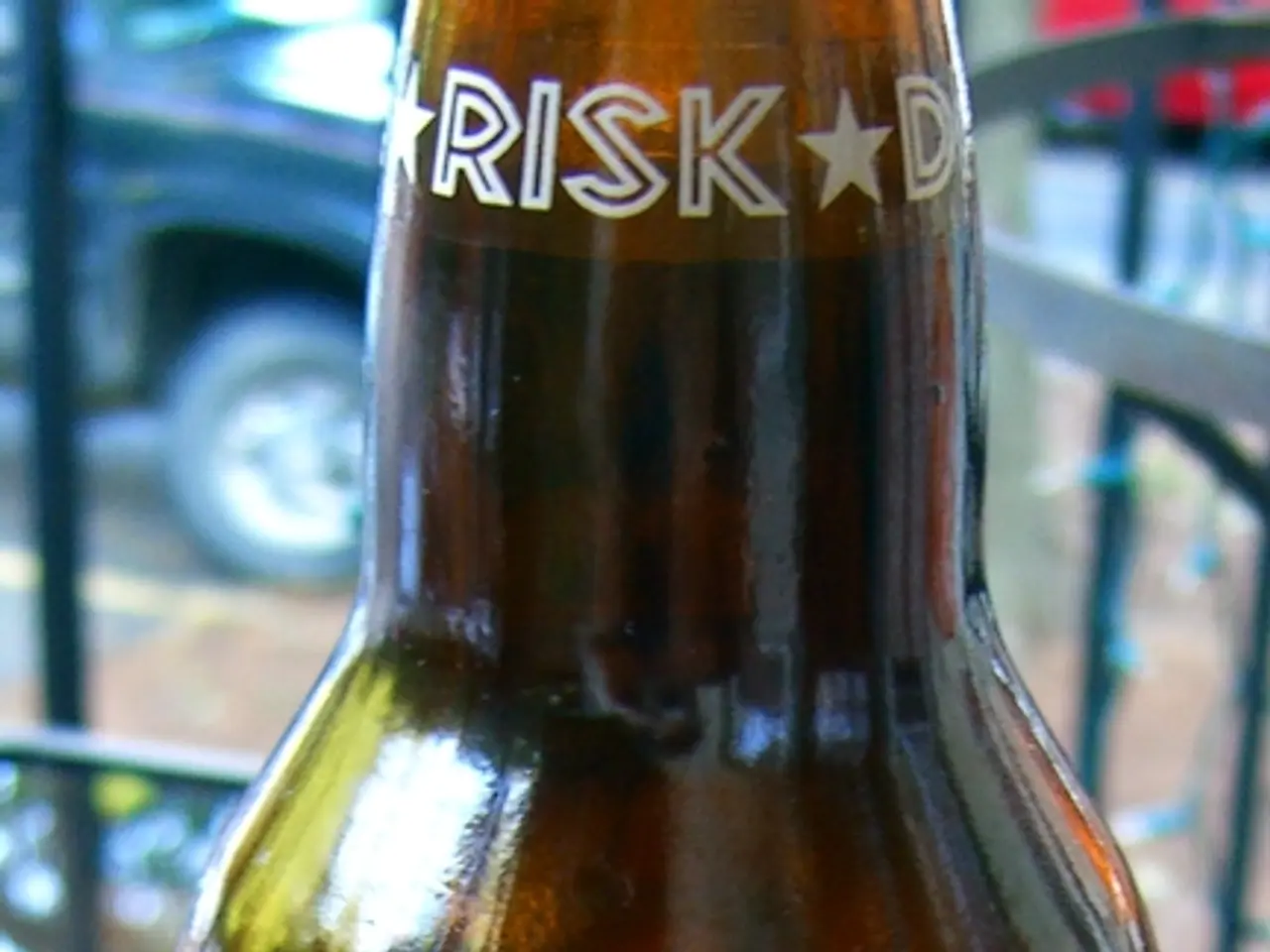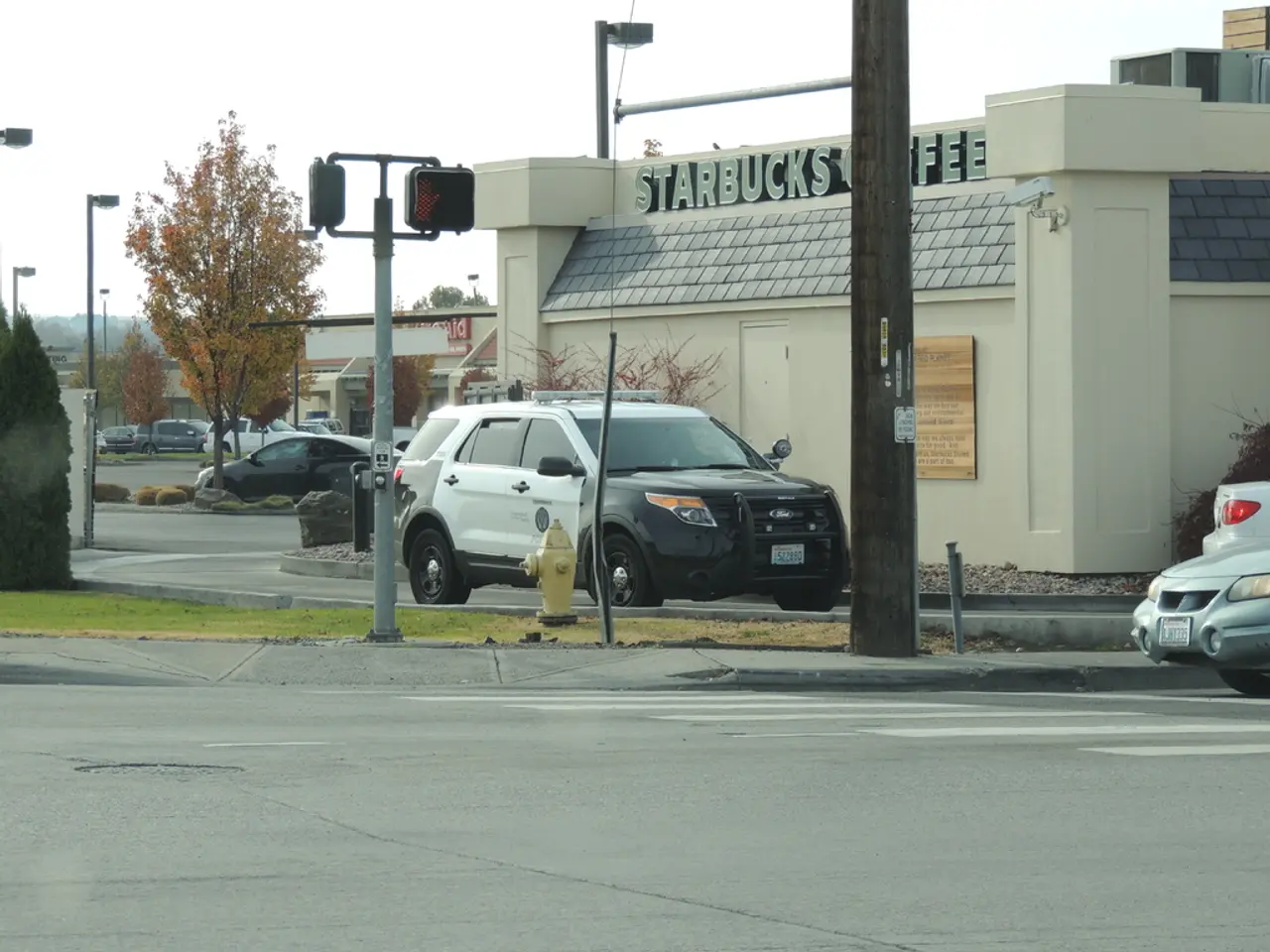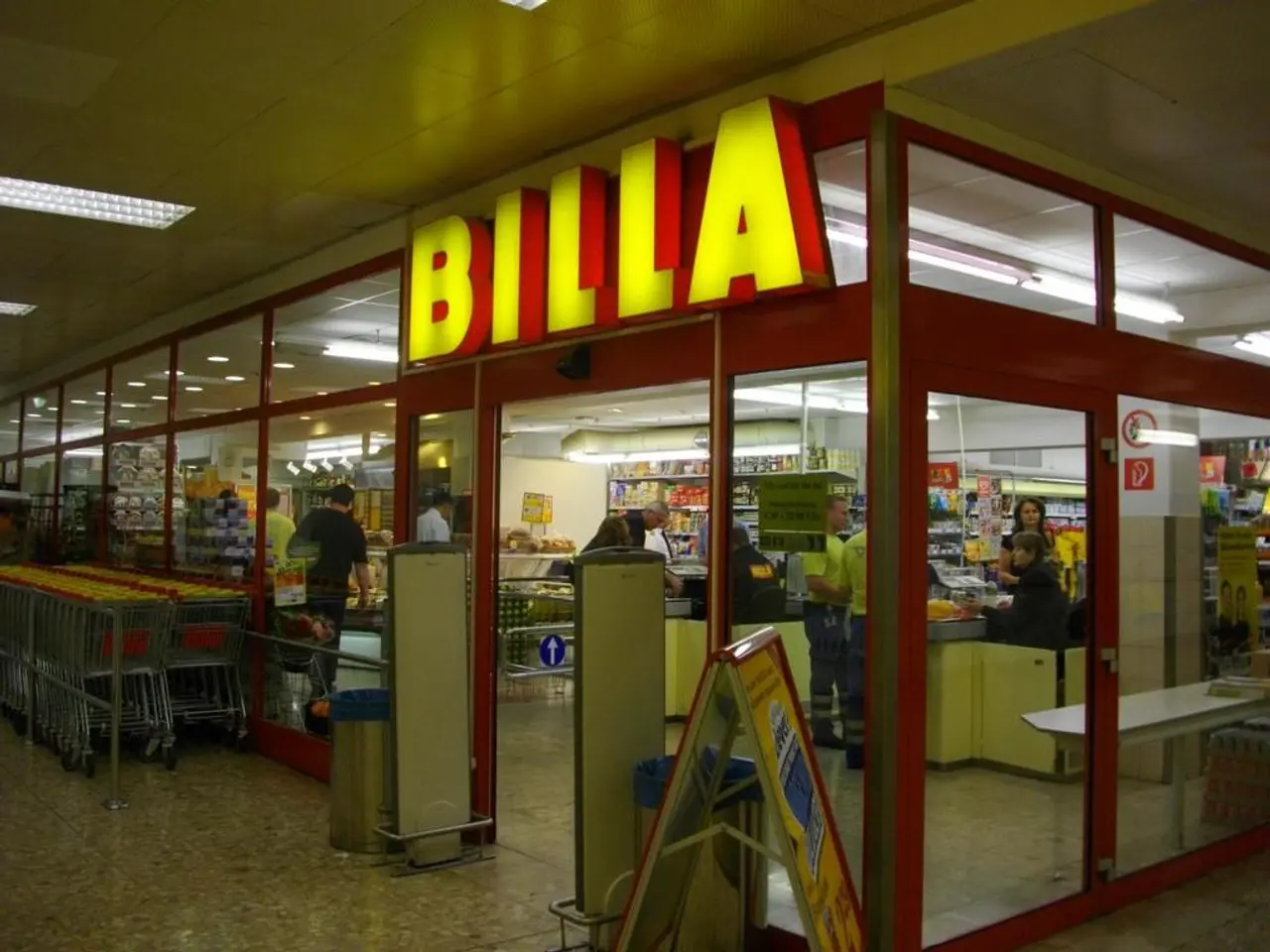International cooperation announced: Additional provisions of food and energy resources scheduled for Gaza from Europe
In a significant development aimed at alleviating the humanitarian crisis in Gaza, the European Union (EU) and Israel have agreed on a deal to boost the delivery of essential supplies, including food, fuel, and medical aid, to the region.
The deal, which is yet to be fully implemented, promises to reopen several aid corridors, including humanitarian routes through Egypt and Jordan, as well as crossing points in northern and southern Gaza. This move is expected to support the resumption of bakeries and public kitchens in Gaza and the restart of fuel deliveries for humanitarian facilities.
However, the implementation of this deal faces several challenges. Security concerns, particularly the need to prevent aid from benefiting the militant group Hamas, complicate monitoring and distribution logistics. The possible redeployment of the EU Border Assistance Mission for the Rafah Crossing (EUBAM) has been discussed to oversee aid crossings, but operational details remain cautious.
Political tensions, including fragile ceasefire negotiations between Israel and Hamas and broader diplomatic tensions, add uncertainty to the rapid execution of aid measures. The aid deal also exists alongside ongoing violence in the West Bank, with the Israeli military targeting militants in large-scale operations that have resulted in hundreds of Palestinian casualties and displaced tens of thousands.
Despite these challenges, the humanitarian aid deal represents a breakthrough toward addressing the crisis in Gaza. Its success depends on navigating security concerns, ensuring transparent aid distribution, and managing the volatile conflict environment.
Meanwhile, the conflict in Gaza has claimed numerous lives, with Israeli strikes overnight killing at least 36 Palestinians, including 15 people waiting outside a medical clinic. The violence has also taken a toll on Israeli forces, with eighteen soldiers killed in the past three weeks.
Israeli Prime Minister Benjamin Netanyahu is currently in Washington, but he is not expected to finalize a temporary ceasefire advocated by the White House. Instead, he is pursuing a deal for a 60-day pause in the fighting and the release of half of the 50 hostages remaining in Gaza. Once the deal is in place, Israel is prepared to negotiate a permanent end to the war, but only if Hamas disarms and gives up its governing and military capabilities in Gaza.
Amidst these developments, aid groups report that Israeli military restrictions and recurring violence have made it difficult to deliver assistance in Gaza. The situation is dire, with children waiting for food and medicine at risk of being bombed, as demonstrated by a recent strike near a clinic that killed ten children and five adults.
In the West Bank, violence has surged, with Palestinian attackers killing Israeli civilians in incidents such as a supermarket attack that claimed the life of a 22-year-old Israeli man.
As the situation unfolds, both sides continue to seek a resolution to the conflict, with the hope that this humanitarian aid deal will provide some much-needed relief to the people of Gaza.
- The agreement between the EU and Israel, focusing on boosting essential supplies, includes food, fuel, and medical aid for Gaza.
- The deal aims to reopen aid corridors through Egypt, Jordan, and crossing points in northern and southern Gaza.
- This newly opened access is expected to support the resumption of bakeries and public kitchens in Gaza, as well as restart fuel deliveries for humanitarian facilities.
- However, the implementation of this deal faces challenges due to security concerns and the need to prevent aid from benefiting militant groups like Hamas.
- Politics further complicate the situation, with ongoing violence in the West Bank, ceasefire negotiations, and broader diplomatic tensions.
- The deal comes at a time when both Israeli forces and Palestinians have suffered losses, with the recent deaths of 36 Palestinians and 18 soldiers in Gaza and West Bank.
- Israeli Prime Minister Benjamin Netanyahu is currently in Washington, discussing a 60-day pause in the fighting and the release of hostages, but is not likely to finalize a temporary ceasefire.
- News reports detail the difficult conditions in Gaza, where children are waiting for food and medicine, and are at risk of being bombed.
- In the West Bank, violent incidents such as supermarket attacks have resulted in the loss of Israeli lives, adding to the ongoing conflict and need for a resolution.




